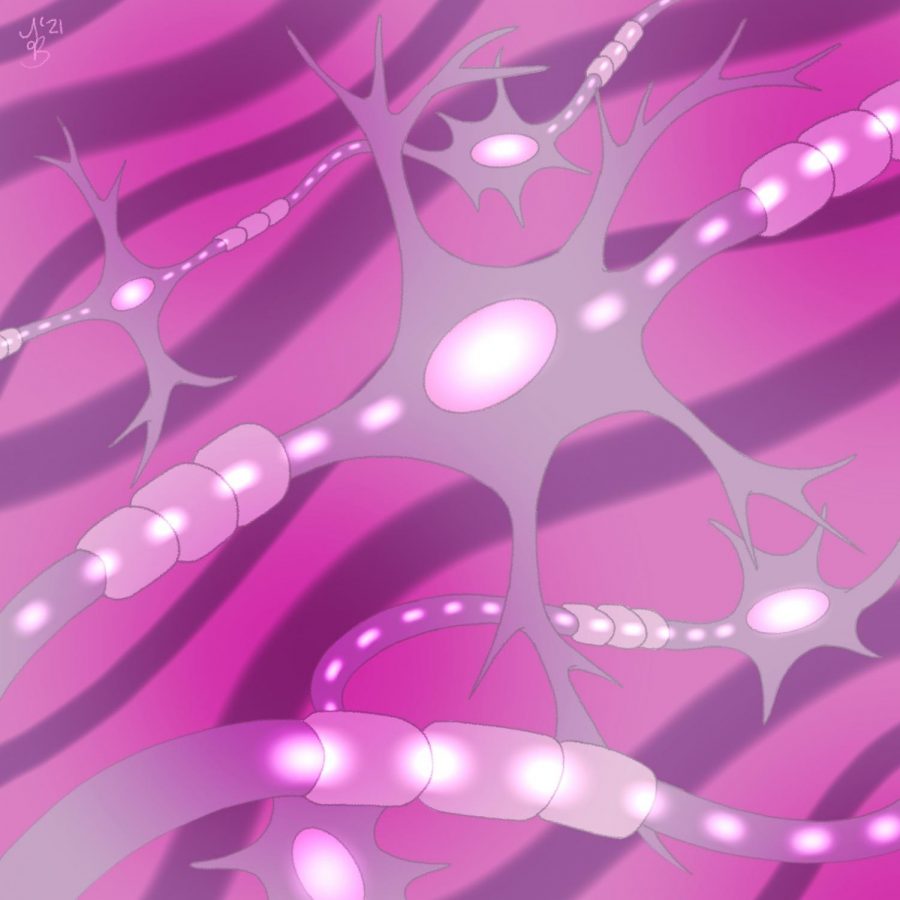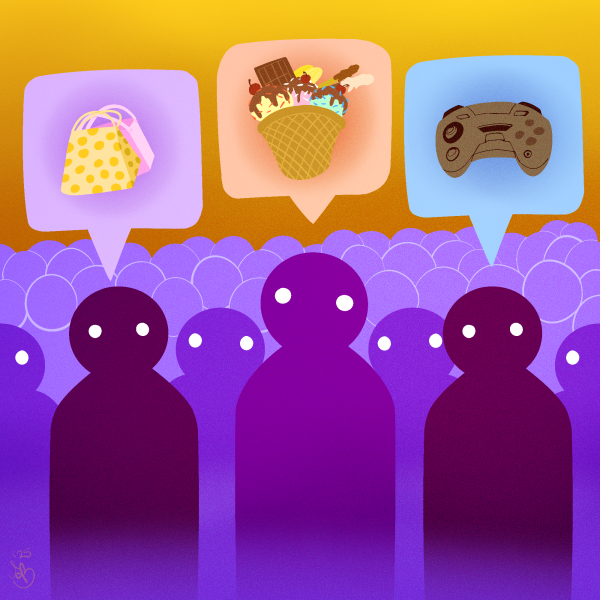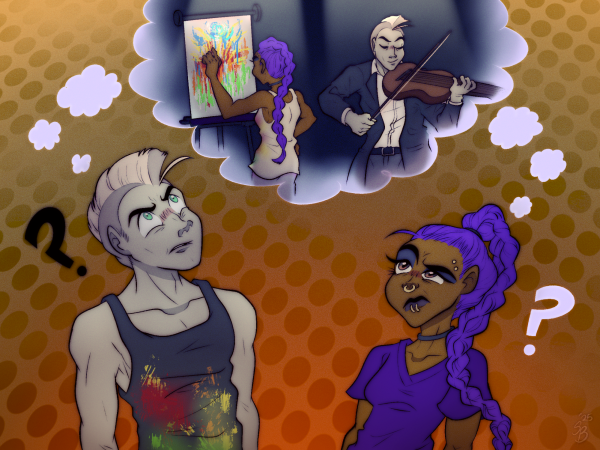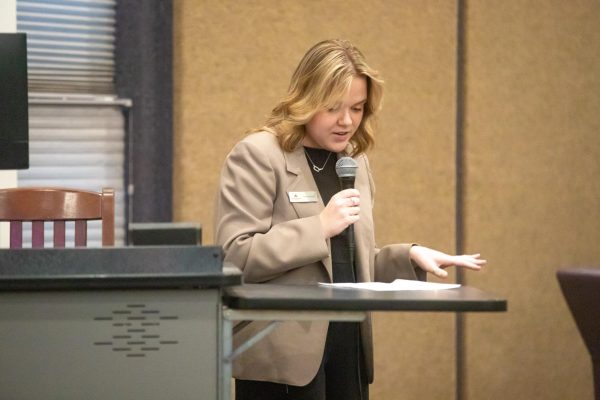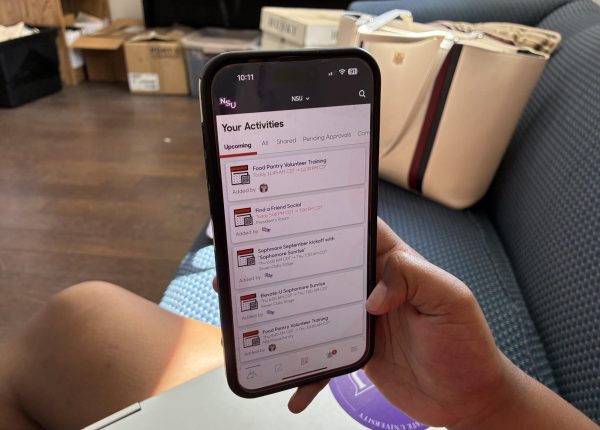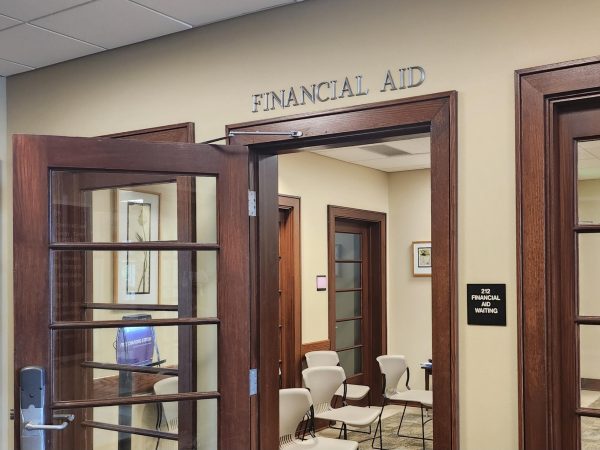Defining my normal
In middle school, I learned what ADHD really was, and I asked my parents about it. Even the idea of potentially medicating a child seemed inherently wrong to them, so they opted to find other solutions to help me in school.
I am an alien in your world, and this alien can’t sit still, can’t slow down, can’t stop thinking and can’t focus. No matter where I, the alien, turn, where I look, where I speak, I can’t focus on any of it. And neither can many others.
Being the most common neurodevelopmental illness, attention-deficit/hyperactivity disorder (ADHD) is a chronic condition characterized by attention difficulty, hyperactivity and impulsiveness.
Everyone has been tempted to do “the test.” That personal moment where we question many things, aside from sexuality, color blindness and your house in Harry Potter, we have all questioned our mental health.
So we have all probably been surface-level screened for ADHD with or without our knowledge, meaning most people are aware of what ADHD is. Thank you, Buzzfeed.
But let me define ADHD in a way you won’t typically hear.
First, my ADHD is my “normal.” There is no point where I realized I felt wrong or different, it was just a word assigned to the way I did my life. As a child people noticed my hyperactivity, but children are excitable gremlins. Again, I was “normal.”
In middle school, I learned what ADHD really was, and I asked my parents about it. Even the idea of potentially medicating a child seemed inherently wrong to them, so they opted to find other solutions to help me in school.
Additionally, the school placed me in advanced classes (have you ever heard of Gifted and Talented?) I excelled quickly once I learned that homework was a thing that was important to grades. High school found me stressed but at the top of my classes.
When I entered my freshman year of college I found myself living on campus just a few hundred feet from every resource I would ever need.
I quickly realized that I had many distractions in life.
Uprooting my environment at home from its carefully curated routine and attempting to create that same feeling in a small, sterile college dorm was not working. I survived the first semester, but not without having to rethink my tricks and reevaluating how I best take in information.
The second semester rolled around and we were in and out of school due to snowstorms and other such hindrances, and my friend mentioned that he wanted to go see the campus counselor but didn’t want to go alone.
Previous to this point, I had been content to find a new rhythm in life to do my school work and live my life as best as a stressed college student could, but I figured “Why not?” and went to a counselor with zero forethought or plan.
After the necessary but scary process of ensuring them that our abrupt, non-appointment walk-in was not due to suicidal reasons, we managed to get ourselves situated. I panicked the moment I sat down in front of the nice lady and blurted all of my fears and doubts about having ADHD to her. That led to a follow-up appointment and we began quickly to discuss the very real possibility of being diagnosed and medicated for ADHD as an adult.
I was put in contact with a physiatrist, but there was a twist I couldn’t prepare for. Most neurodivergent types of mental illnesses come with a partner, especially in adults who have never been treated before.
That is one of the great controversies of the childhood treatment of ADHD. Sometimes untreated ADHD will lead to bad coping mechanisms, especially in ones unaware of the issue, and will add more issues to the person’s psychological mindset.
My physiatrist stopped me in the middle of a sentence about my mothers’ Bipolar disorder.
“And what about you?” She asked
This question made me freeze over cold. Unlike with ADHD, of which I had always had an inkling that I was somewhere in the realm of hyperactivity, I had never assumed myself to be bipolar. It was quite a sore spot to be called bipolar, even jokingly. It hurts. For a trained professional to look me in the eye and force me to face a previously buried rock. I was scared.
I thought about lying, and downplaying the truth, but those attempts were shut down. I had already shared enough. That was how I was then prescribed de-stimulant medication for my Bipolar II disorder.
I’m not saying it is easy to step up and admit you feel “wrong” or not “normal” but it never hurts to voice those doubts, even if you end up being well- off, you could still discuss other issues with the counselor or whomever you choose to confide in. Don’t actively seek out medication either.
Medication should be a last resort for an issue you either can’t function, can’t learn to function, or don’t want to function naturally. For most of my life I felt like I functioned perfectly fine without knowing or treating my issues, and so did my parents. I am blessed by their choices, but I decided in my adult life that I would’ve been better off knowing of the issues for sure.
To know you have an issue is to know you can solve the issue, with or without medication. I hope someday in the future I will be able to eliminate medication. I want to learn to craft myself into the world I was placed in, no matter my unnatural occurrences. I don’t want to be a sore thumb, but I’ll be happy to exist as a human-passing alien on a world full of other aliens.
We are all aliens to each other’s world and we can’t possibly know what other people are experiencing, we can only empathize and focus on ourselves.
You are the most important person in your world, because you are your world, and existing with mental illnesses is just another natural factor to your world. Be your own alien, and try doing the buzzfeed tests, they are quite fun. Then sit down with yourself and talk to your alien, decide what you think you should do and what you want from investigating yourself. I’ll go have a nice long talk with my anxiety and my alien. Only then can I hope to focus.
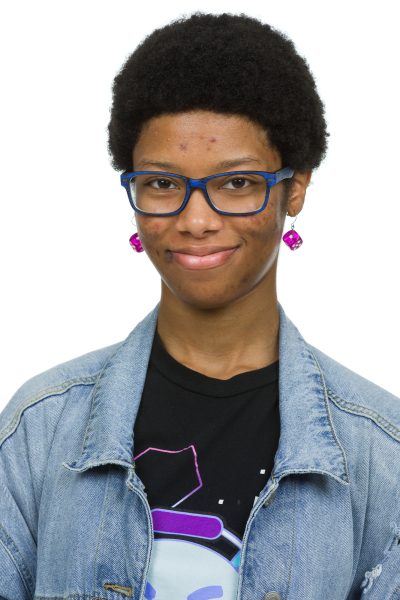
Stephani Bradley is a senior fine and graphic arts major with minors in film, creative writing and English. This will be her final semester working for...





















